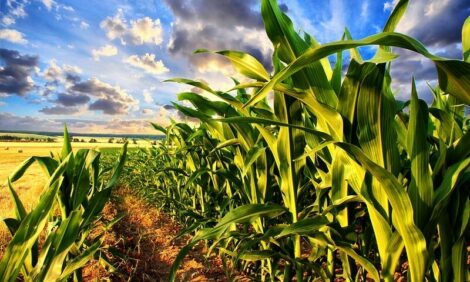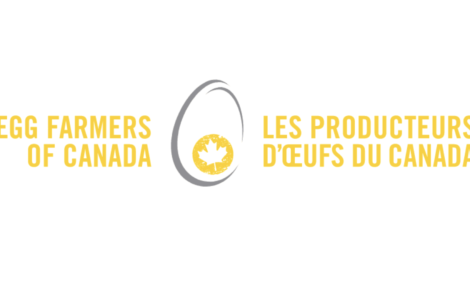



Maize Surge Unlikely in 2010
US - The CEO of Sanderson Farms does not foresee a grain surge this year.Large surplus supplies of US corn are likely to head off any rally in prices this year to the record levels seen in 2008 that hurt poultry producers, a poultry industry leader told those attending the Reuters Food and Agriculture Summit 2010 in Chicago last week.
However, Joe Sanderson, head of Sanderson Farms Inc., said that a bad corn crop down the road could send prices surging, especially with the government expected to raise the blending rate of ethanol with gasoline this year.
The higher blending rate would increase competition between feeders and biofuel distillers and could spark a corn-price rally.
He said: "It probably won't be this year because we have a tremendous (corn) carry-out," referring to the government projection that corn stocks will total 1.8 billion bushels this season.
"At some time in our future the United States is going to produce a bad crop. Some time we are going to have a bad crop – it is either going to be too wet or it is going to be too dry – and that is the year that we will have a repetition of 2008."
Corn, soybean and wheat futures at the Chicago Board of Trade (CBOT) soared to historic highs in 2008, spurred on by the worst floods in the Midwest in decades and investment money that poured into the markets, which are the global benchmarks for grain prices.
CBOT corn futures rose to a record high $7.65 per bushel in June, hurting poultry and livestock producers. Some ethanol plants that had not hedged against higher prices for corn also suffered, forcing some into bankruptcy.
Verasun, the largest publicly traded US ethanol producer, entered bankruptcy in October 2008. Pilgrim's Pride Corp., once the top US chicken producer, filed for bankruptcy protection in late 2008. Pilgrim's has since exited bankruptcy and was bought by Brazil's JBS late last year.
Mr Sanderson added: "We are going to see $7 corn or whatever it is going to be and it will catch all of the people that use corn. It is going to affect ethanol producers too if you have an abundant supply of crude oil and crude oil is trading for $60 or $70 per barrel."
Record high crude oil prices in 2008 helped some ethanol producers buffer the high price of corn.
He said: "Ethanol people did not get hurt in 2008 because crude oil was trading at $150 per barrel.
"If crude is trading at $80 per barrel, then $8 corn is not going to be any better for ethanol suppliers than it is for chicken people.
"You have all these ethanol plants. I think for the time being we just got to live with it," he said, adding that at the moment the technology to produce biofuels from cellulosic material like grass is not a significant factor.
According to the Summit report, US crude oil was down $1.63 at $79.61 per barrel on that day.











